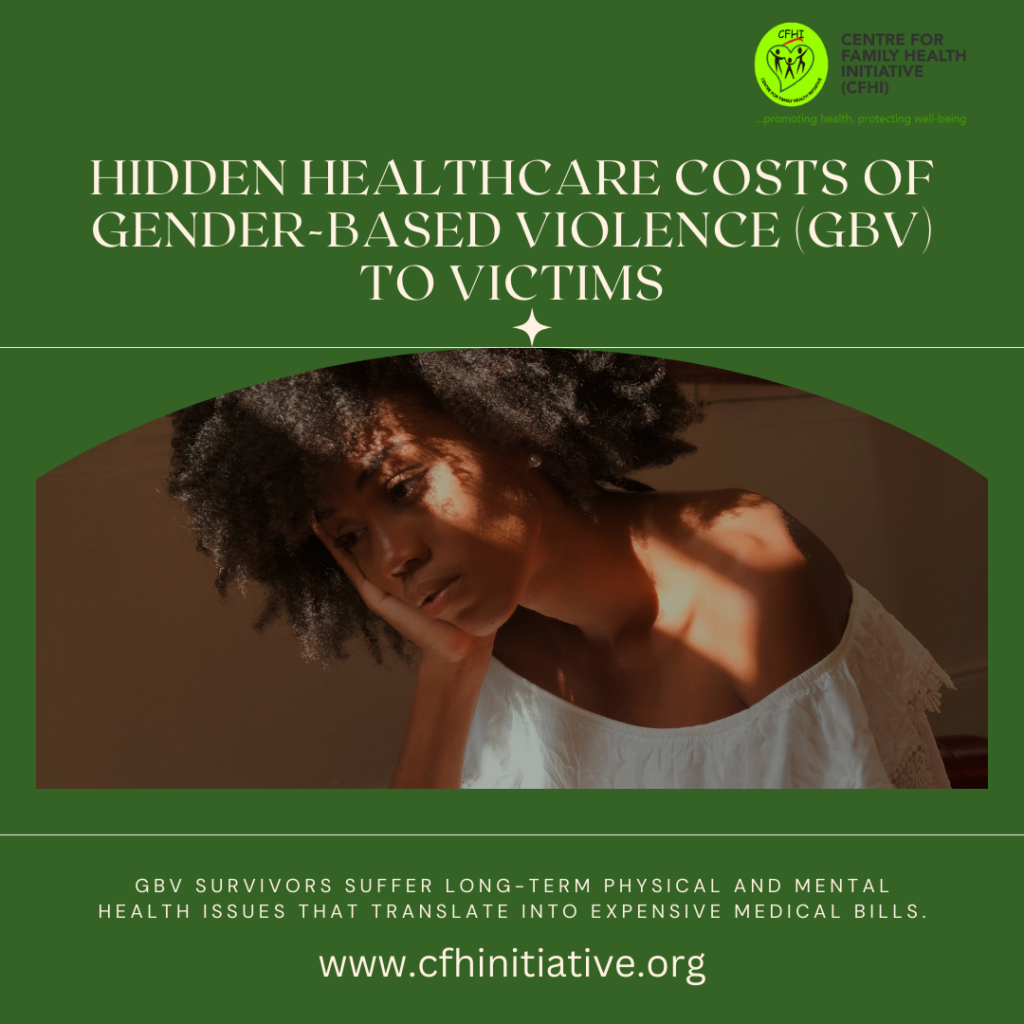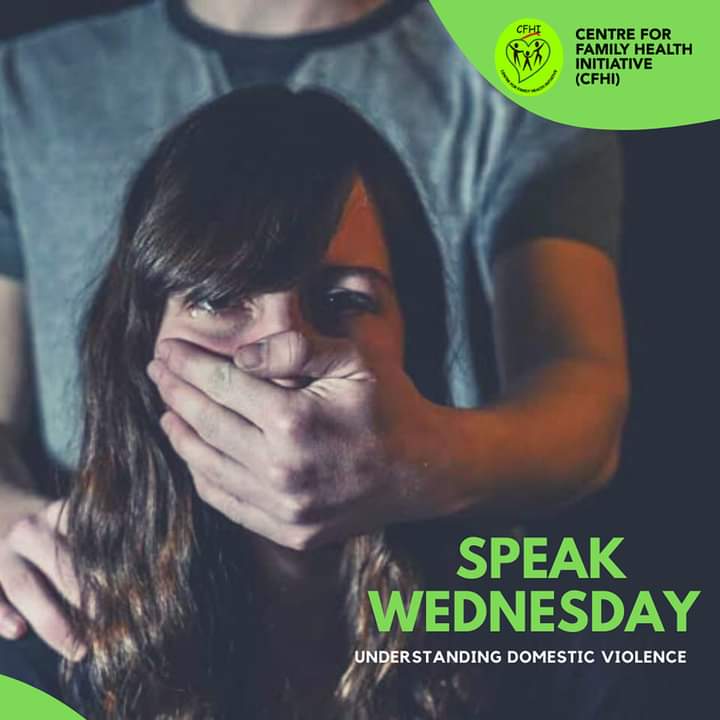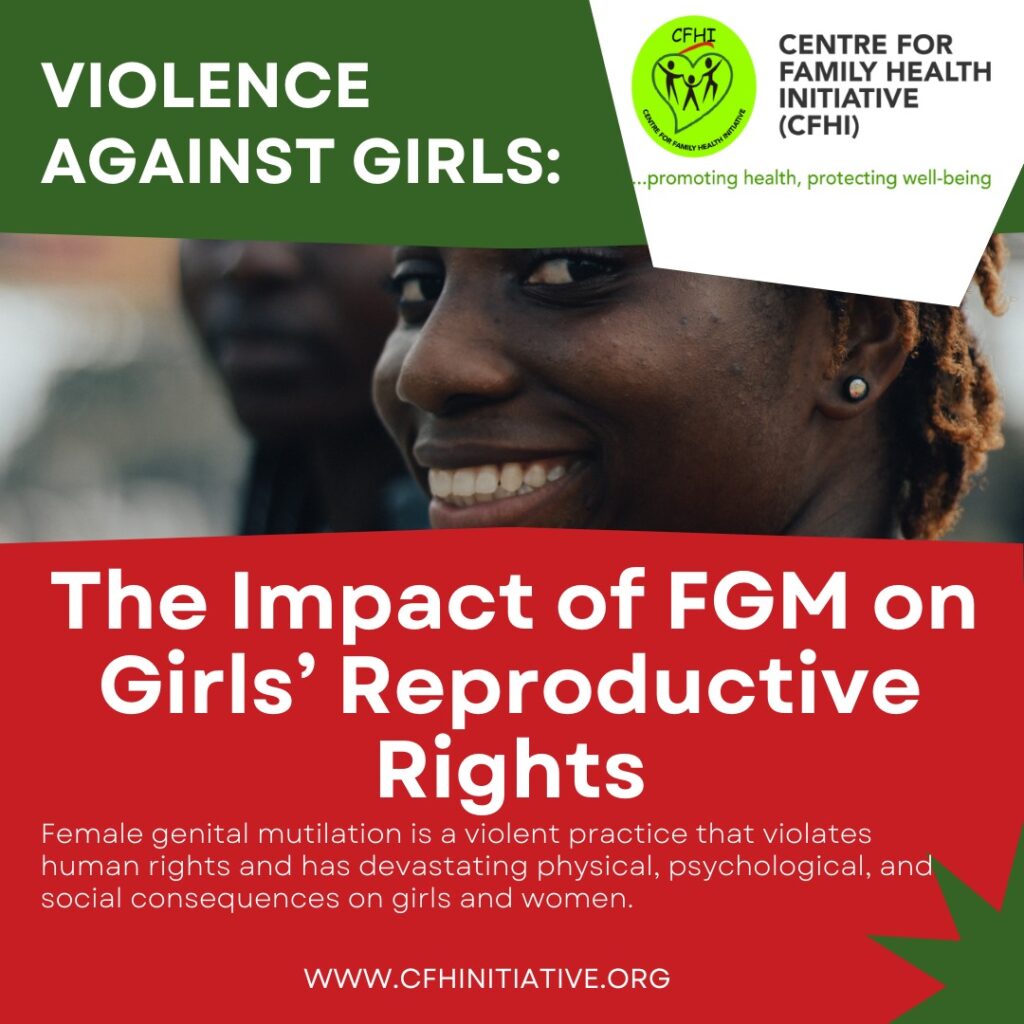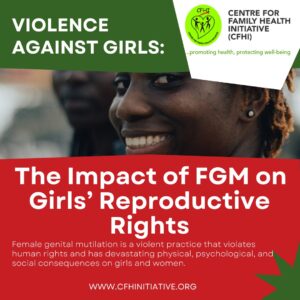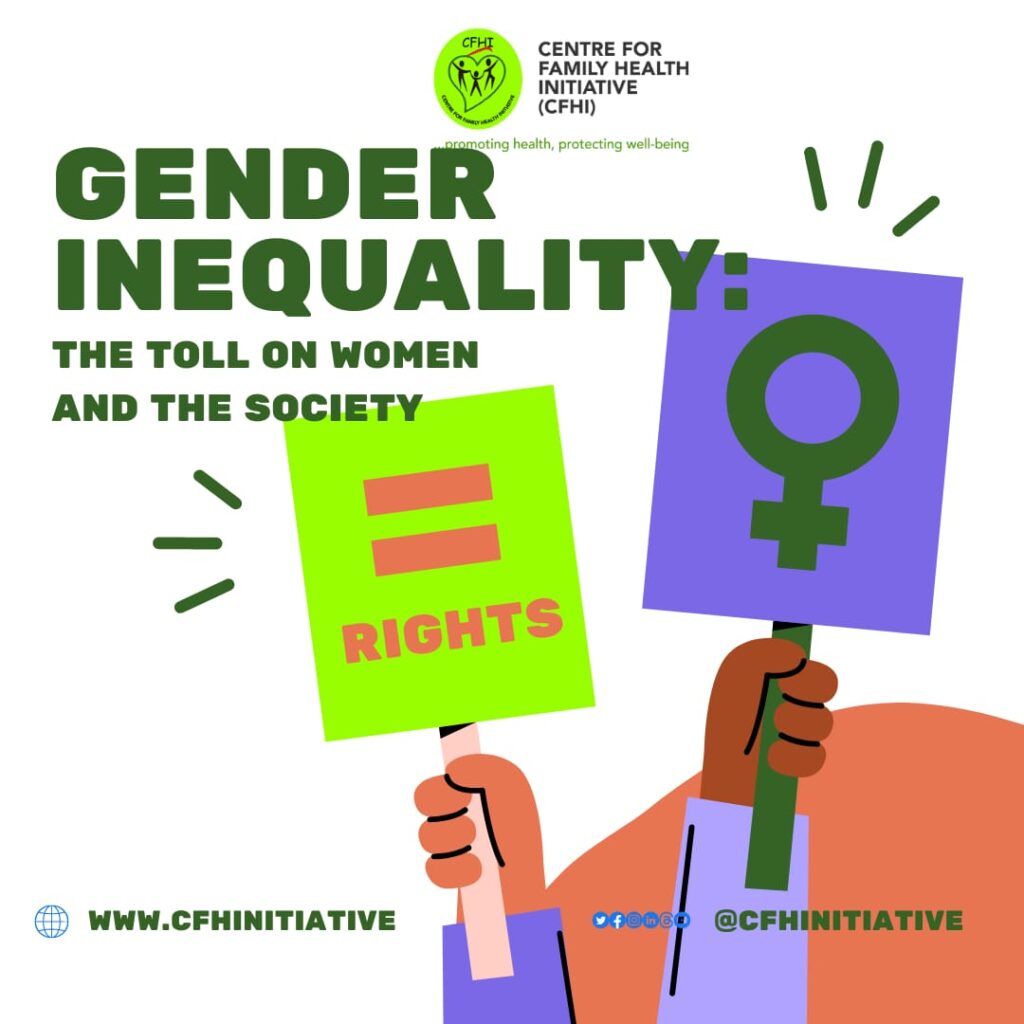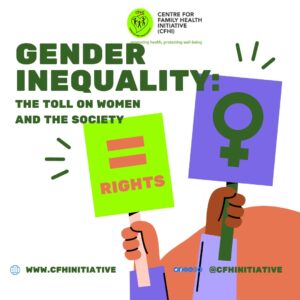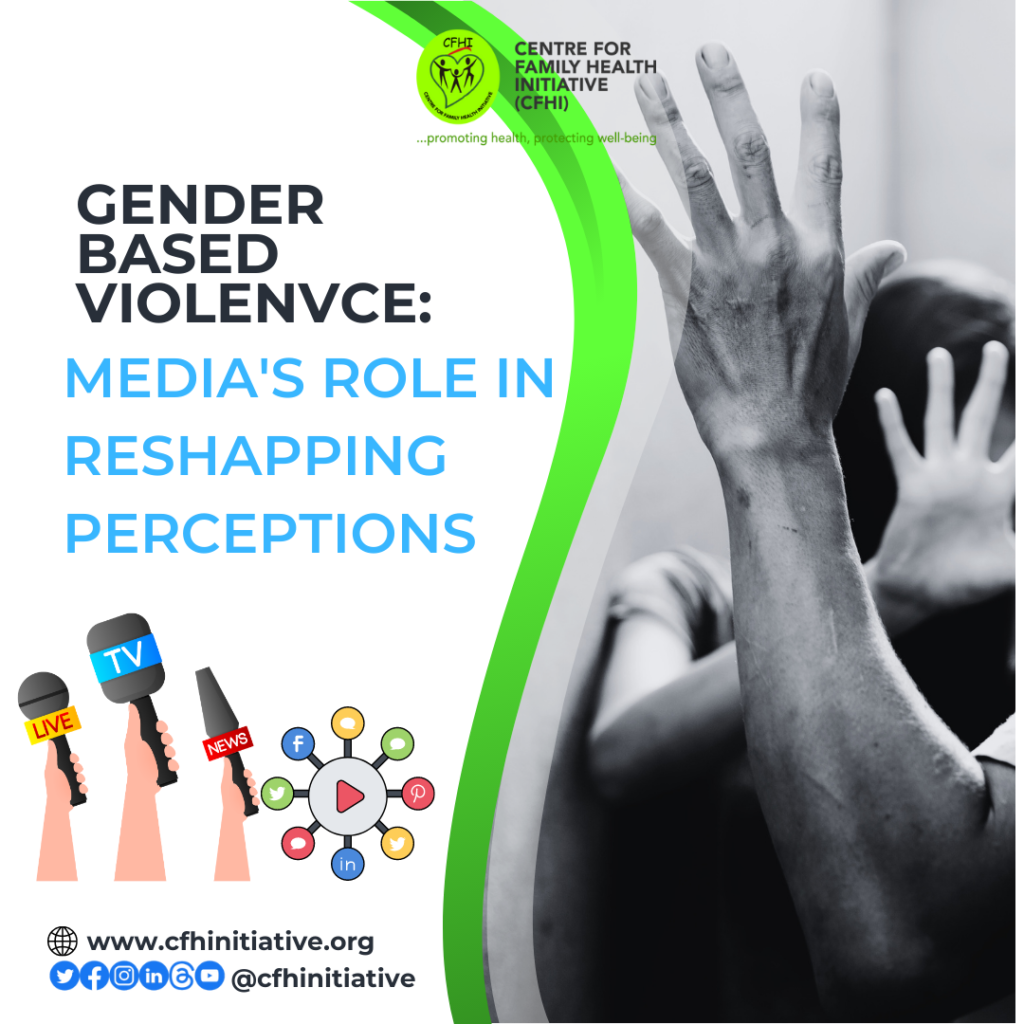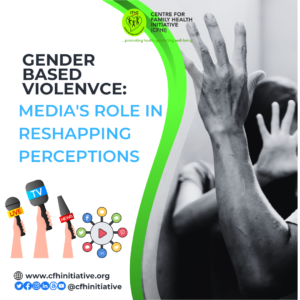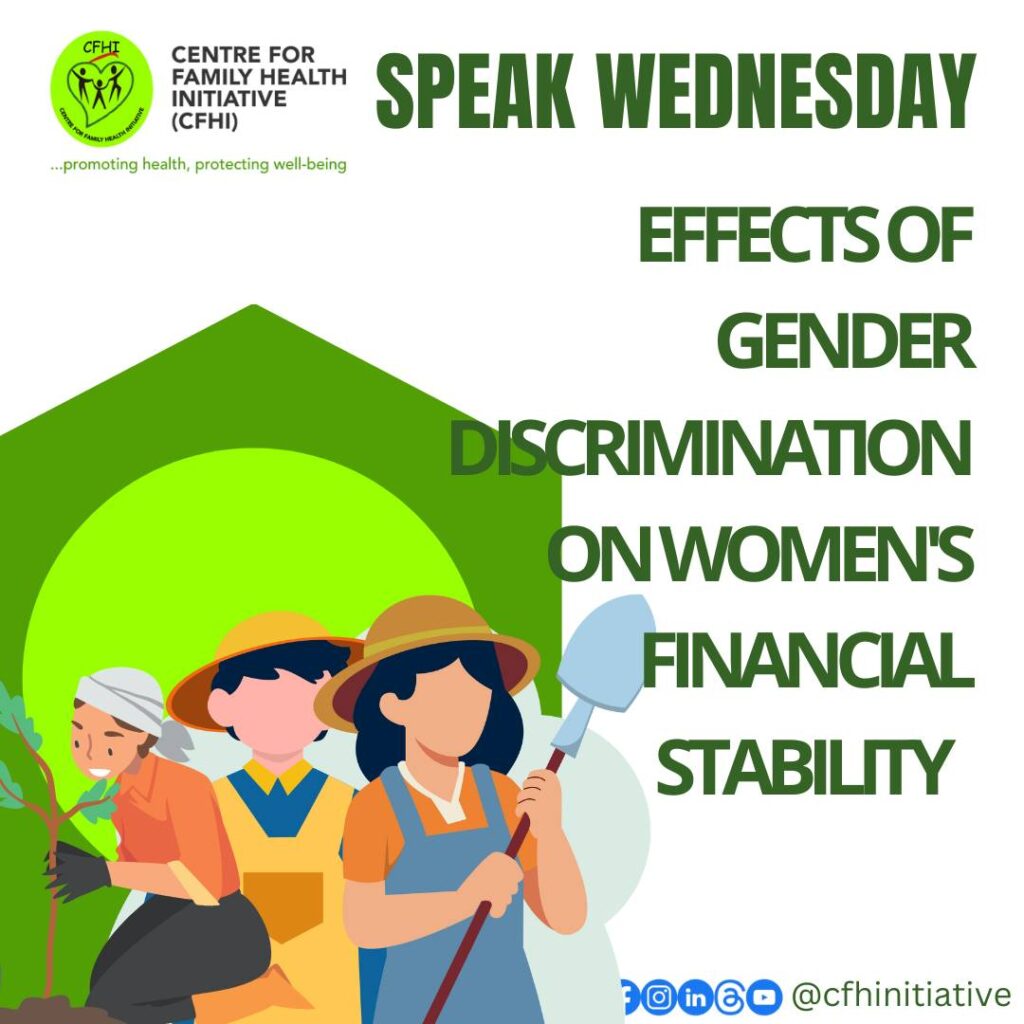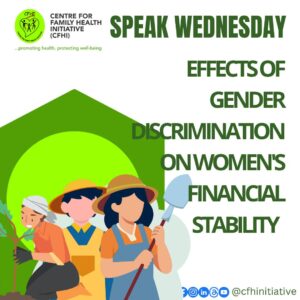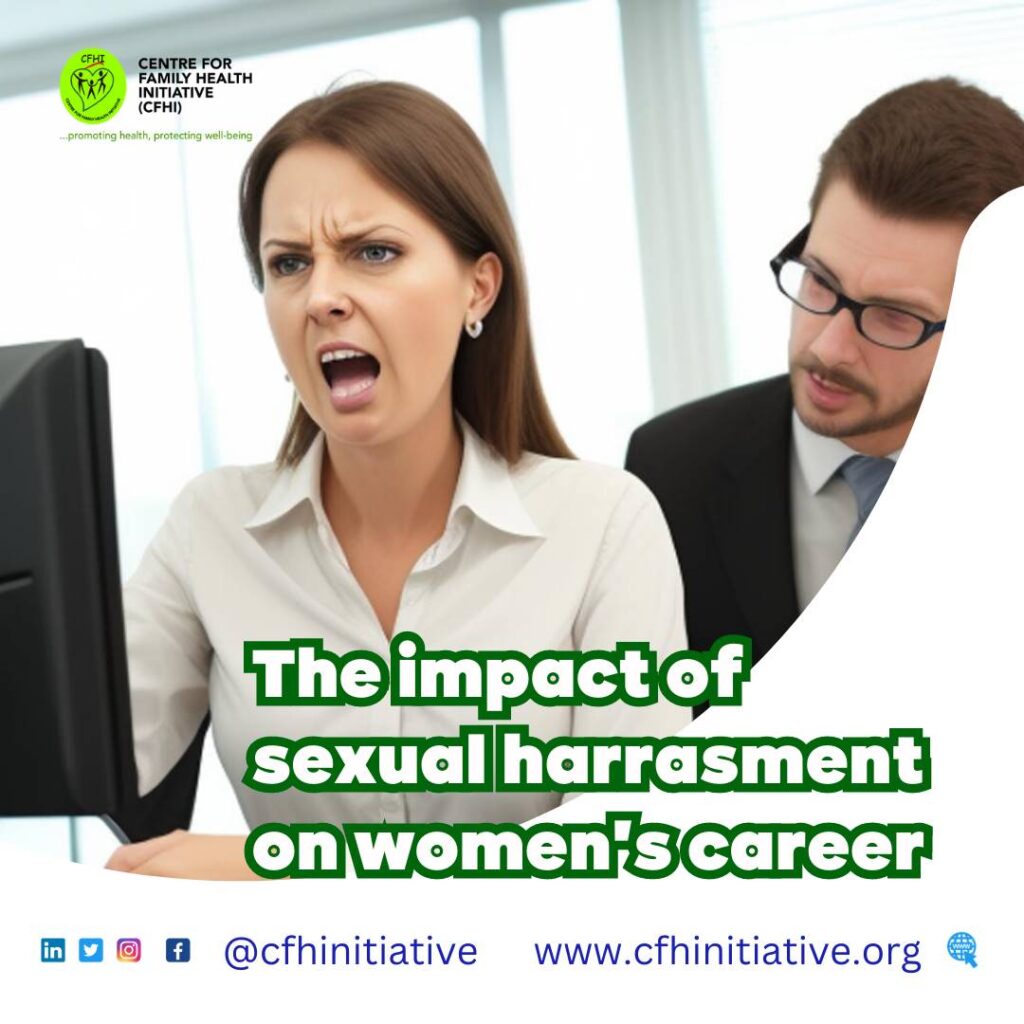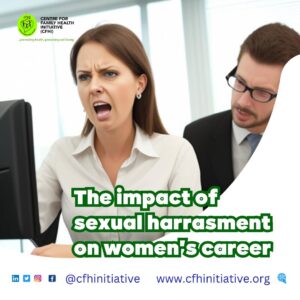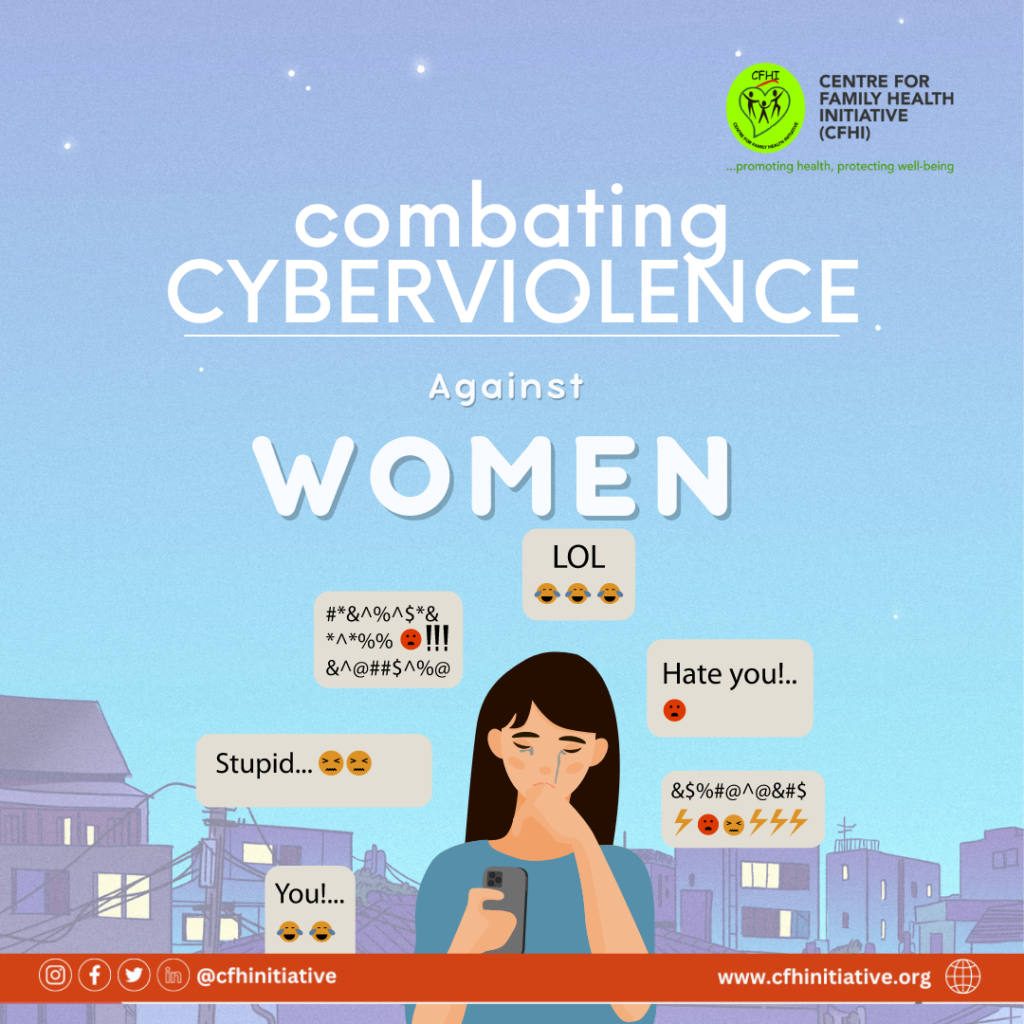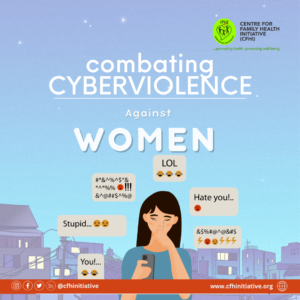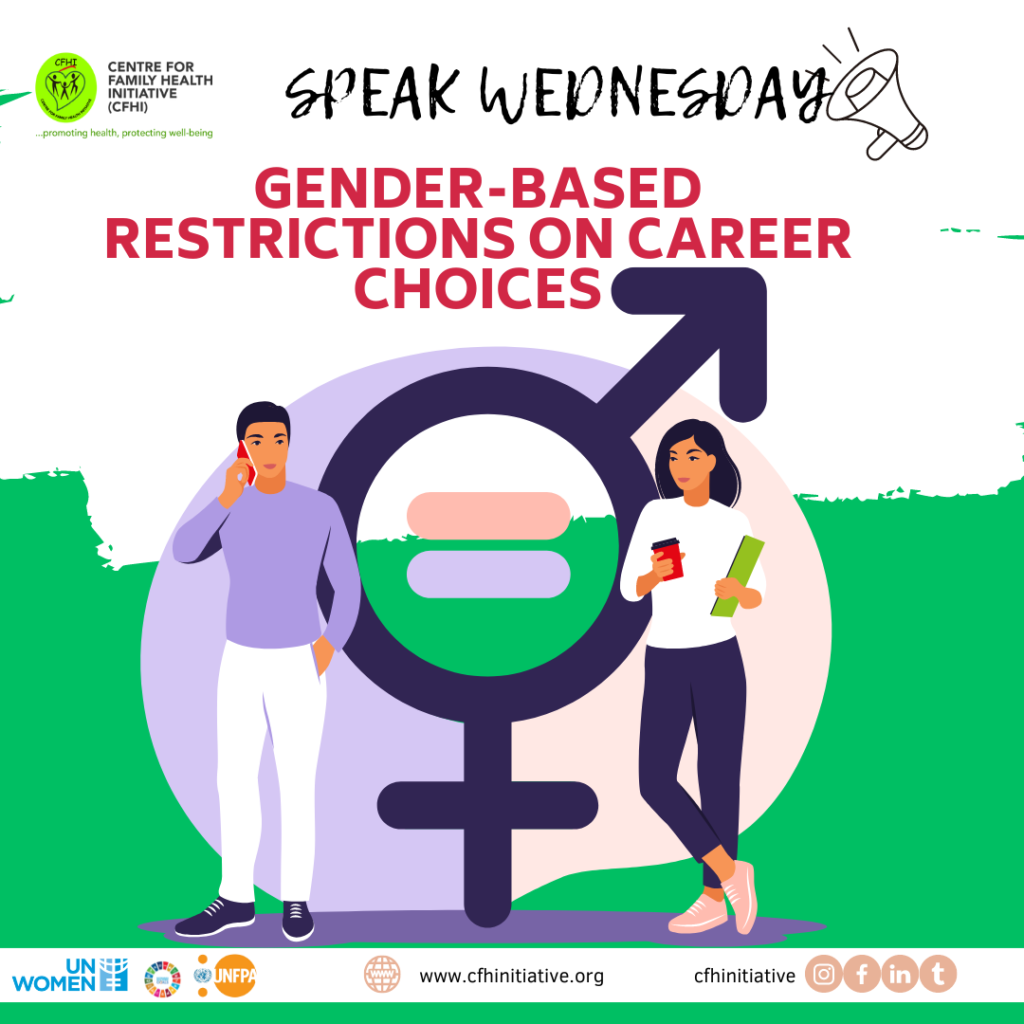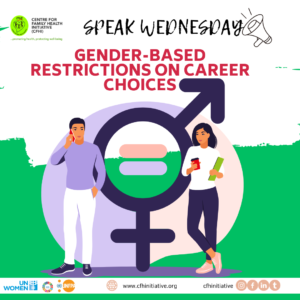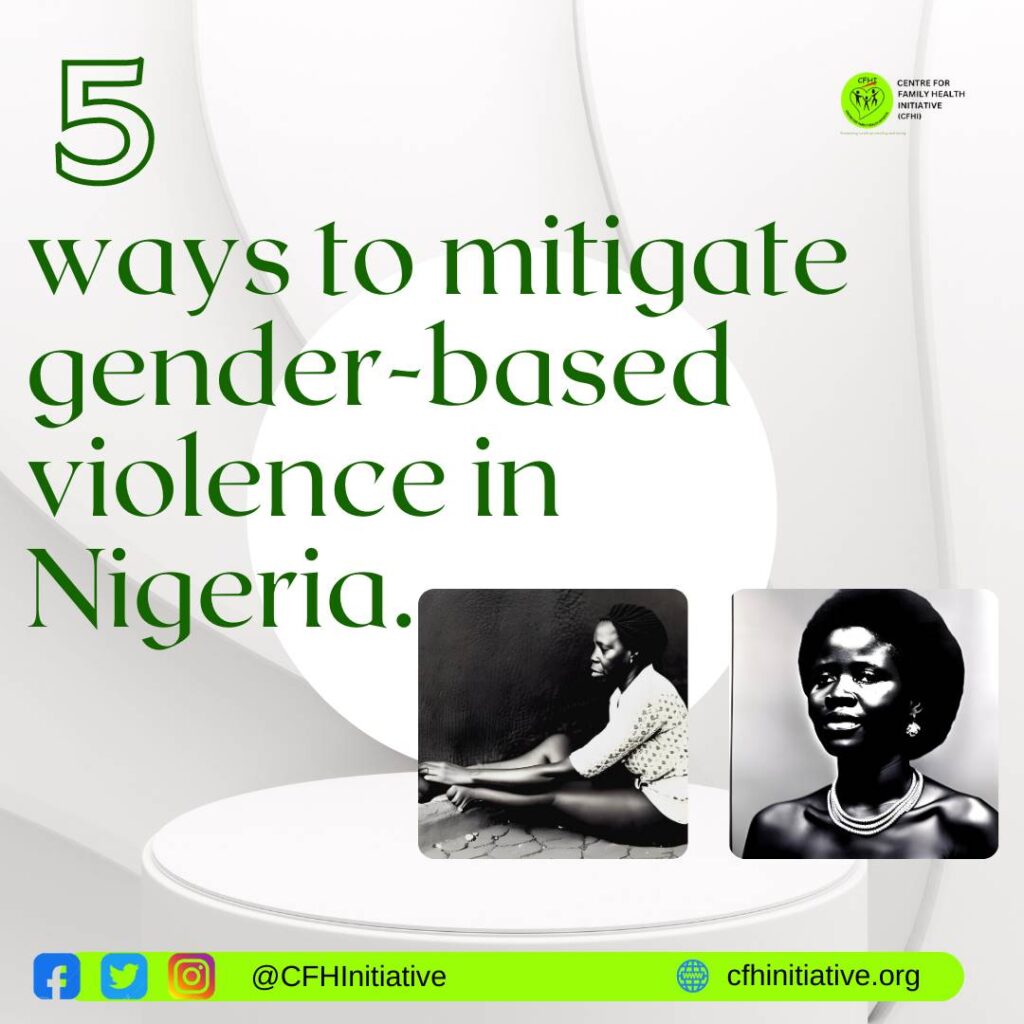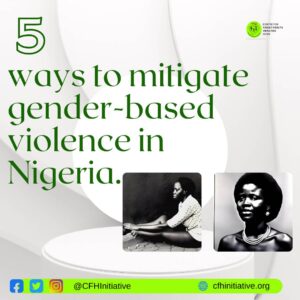SPEAK WEDNESDAY ON THE HIDDEN HEALTHCARE COSTS OF GENDER-BASED VIOLENCE (GBV) TO VICTIMS
Gender-Based Violence (GBV) is a health issue that affects millions of people, predominantly women and girls, across different cultures, socioeconomic statuses, and geographic locations. Beyond the immediate physical and emotional toll, GBV also imposes significant hidden healthcare costs on its victims, presenting challenges that extend far beyond the initial incident.
One of the most direct healthcare costs of GBV is medical treatment for physical injuries. Domestic abuse victims, as well as victims of other gender-based violence, such as sexual assault, frequently need emergency care, surgery, and continuous medical support. These services come with substantial financial burdens, especially for those without adequate health insurance or access to affordable healthcare.
WHO reports that victims of intimate partner violence are more likely to seek healthcare services, resulting in increased medical costs compared to non-abused individuals. The expenses include emergency room visits, hospitalisations, and treatments for physical injuries, contributing to the hidden healthcare costs of GBV.
Beyond the immediate physical consequences, GBV takes a profound toll on victims’ mental health. The enduring psychological impact of GBV on survivors, with many experiencing anxiety, depression, and post-traumatic stress disorder (PTSD), is underscored by UNICEF. The need for mental health services, including therapy and counselling, is crucial but often comes with financial barriers, adding to the overall healthcare burden.
Furthermore, children who witness violence at home are more likely to develop behavioural problems, academic challenges, and mental health disorders. This perpetuates a cycle of intergenerational trauma and escalates healthcare costs for society as a whole.
The healthcare system also bears indirect costs related to GBV, such as increased demand for emergency services, specialised care for trauma survivors, and public health interventions. These expenses strain healthcare resources and contribute to rising healthcare expenditures for individuals, insurers, and governments.
Ultimately, addressing the hidden healthcare costs of GBV requires a collective commitment from healthcare providers, policymakers, law enforcement agencies, advocacy groups, and society at large. By recognising the full extent of these costs and investing in comprehensive solutions, we can create a safer, healthier future for women.
Speak Wednesday is an initiative of CFHI to address issues around gender-based violence and gender bias.
#SpeakWednesday #GBV #Women’srights #RightToHealth #genderequality #genderbias
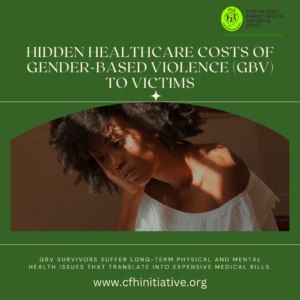
SPEAK WEDNESDAY ON THE HIDDEN HEALTHCARE COSTS OF GENDER-BASED VIOLENCE (GBV) TO VICTIMS Read More »

